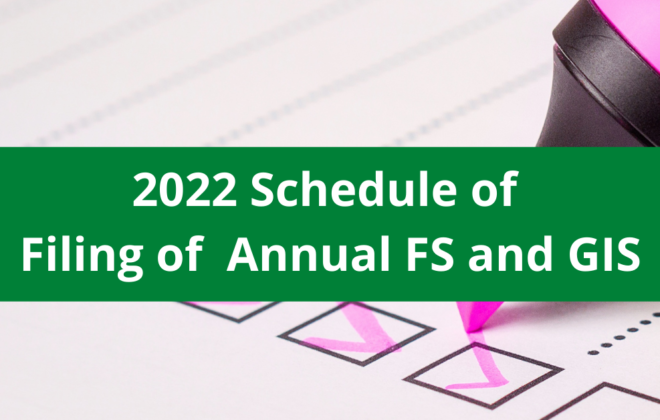Is Income from Cryptocurrency Taxable?
Cryptocurrency in the Philippines is a fast-growing industry. Initially, only IT experts were familiar with the technology when it was first introduced in 2018. Today, it has gained traction and popularity even with “ordinary” citizens with its anticipated advantages and income opportunities.
With the increasing interest and activities on cryptocurrencies, the Bureau of Internal Revenue (BIR) and the Department of Finance (DOF) are aiming their sight towards taxing crypto players. Though this development made the crypto community frown, it is imperative that we discuss the nature of cryptocurrencies and how they are taxed in the country.
Hopefully, this discussion will help ease your concerns and worries about this new tax law.
Basis of Income Taxation
Section 23 of the National Internal Revenue Code (NIRC) states that any income of an individual or corporation obtained within and outside the Philippines is taxable.
Therefore, the BIR may impose taxes, either an income, percentage, or business tax, depending on the type of cryptocurrency transactions.
However, there has not been a steadfast regulation in classifying cryptocurrency transactions that would create taxes. Let us wait and see because knowing the government’s taxing power, we should expect more taxation in the future as this is becoming a lucrative business.
Revenue Streams from Crypto-based Transactions
There are three most common income streams from cryptocurrency transactions in the Philippines.
1. Cryptocurrency Trading
Similar to stock trading, crypto trading is the process of buying and selling cryptocurrencies. Traders should speculate price movements to gain profit – you can buy if you think the value will rise or sell if you feel prices will fall.
2. Cryptocurrency Mining
Crypto mining is a system by which new blocks are added to the blockchain after transactions are checked for sufficient funding and authority to transfer funds.
3. Play-to-earn (P2E)
Play-to-earn blockchain games like Axie Infinity or Cryptoblades entirely generated greater interest recently because they offer a rich gaming experience and many income opportunities.
How does this work? Players pay tokens to play the game. At the end of the game, they are rewarded with tokens, such as NFTs (Non-Fungible Tokens), which they can sell or trade.
Cryptocurrency Taxation
Income from crypto transactions is taxable only if it is converted into actual money.
By income, we mean your gross revenue or sales minus all the expenses related to your crypto deals. So, once your payment becomes measurable and recognizable, you should file your tax returns and pay your taxes accordingly.
Cryptocurrency traders and players will have to pay Income Tax for now. But the BIR may enact tax laws as they see fit and for as long as the government will finally determine the treatment of this digital coin.
Other taxes
The government may collect the following taxes from crypto players in the future.
1. Capital Gain Tax
A Capital Gain Tax may be imposed if crypto coins are classified as property or, more specifically, as securities.
2. Value-Added Tax (VAT)
There is VAT if there is an exchange of goods and services and the business’ gross earnings exceed three million pesos.
So, if you are a crypto exchange or engage in trading and selling digital coins and have the criteria mentioned above, you should be ready for this additional burden sometime soon.
3. Percentage Tax
If you are classified as a non-VAT taxpayer, you should pay the government the Percentage Tax.
The BIR will collect other taxes from crypto players. Until there are no guidelines on crypto taxation, we should enjoy a tax holiday.
——————-
Do you have other related tax questions? Talk to an expert and book a consultation with us.
Email us at info@djkaaccounting.com.
Recent Posts
- New Features and Functionalities of the Online Registration and Update System (ORUS)
- A Comprehensive Guide to Taxation for Freelancers in the Philippines
- New Tax Laws in 2024: What Changes Filipino Taxpayers Should Prepare For
- How to Avoid Common Tax Mistakes in 2024
- Tax Deductions and Benefits Often Overlooked by Filipino Taxpayers





